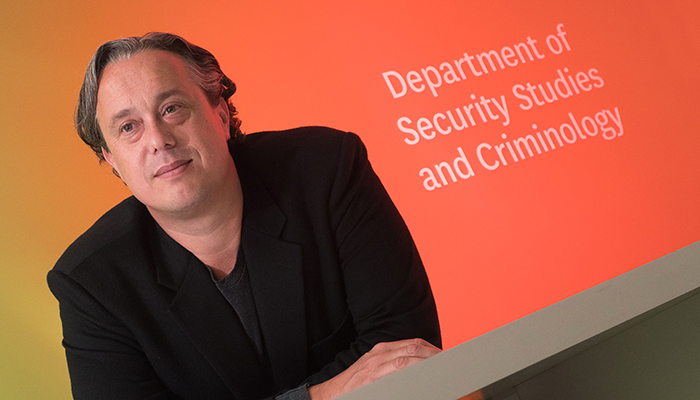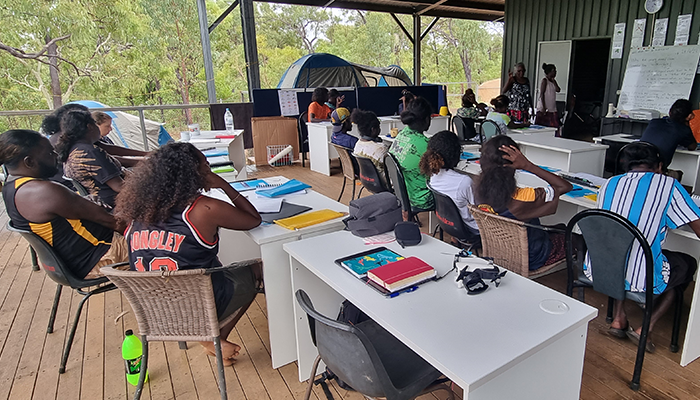Editor-in-Chief of JPICT, Dr Julian Droogan from Macquarie University’s Department of Security Studies and Criminology, leads and contributes to a number of research projects into terrorism and violent extremism, including the evaluation of a program aimed at countering violent extremism in Australia, a project examining the growth and nature of extreme-right terrorism in Australia, and an Australian Research Council Discovery grant examining the how young people react and respond to online violent extremist materials and propaganda.
Dr Droogan and JPICT managing editor, Macquarie PhD candidate Nell Bennett say the research showcased in the special issue reveals the challenges for policy makers in recognising and combating growing extreme-right violent extremism and terrorism.
“Researchers have long known that the fringe extreme-right poses a threat to our communities, either through spreading hate and intolerance online, eroding liberal democratic norms, or through promoting real-world violent attacks by lone actors,” says Dr Droogan.
“However, the focus on Islamically inspired terrorism has meant that researchers and law enforcement have found it hard to identify this often more concealed threat, and create appropriate legal and social responses. This special issue clearly maps the growing problem that extreme-right terrorism poses for societies around the globe, and poses some solutions to how governments and communities can identify the risks, and create effective countermeasures.”
The research in the special edition of JPICT sheds new light on the following issues:
- The challenge of defining extreme right terrorism: from Hindu nationalism in India to “Making America Great Again” supporters, researchers are seeking to understand the shared ‘apocalyptic’ world view of the far right in which grievances are focused on outgroups and scapegoats, as well as the increasingly global reach of far-right terrorism which usually exists on the fringes of these movements.
- Selective enforcement of existing counter terrorism laws: unlike Islamic extremist terrorists, people or groups motivated by far-right extremism who have committed, or prepared to commit, acts of terrorism have typically not been charged with the crimes that dominate post-September 11 counter-terrorism laws.
- Legislating specifically for extreme right terrorism: there may be difficulties in applying the existing criminal laws that were devised in response to Islamist inspired attacks to extreme-right terrorism, which is often committed by ‘lone actor’ attackers or less organised groups.
- Combating right wing extremism online: Extreme right terrorists have a long history of publishing manifestos online, raising the question of whether attempting to control publication of this type of content will effectively remove it, or simply drive it further underground.
- Countering violent extremism: The new emphasis on extreme-right terrorism provides an opportunity to re-conceive and re-engineer programs for countering violent extremism and promoting social cohesion, and hopefully to avoid some of the mistakes that have been made in dealing with Islamic extremism.
The Journal of Policing, Intelligence and Counter Terrorism. Volume 13, Number 3: ‘Understanding and Responding to Right Wing Terrorism’ https://www.tandfonline.com/toc/rpic20/14/3?nav=tocList

Dr Julian Droogan from Macquarie University’s Department of Security Studies and Criminology



